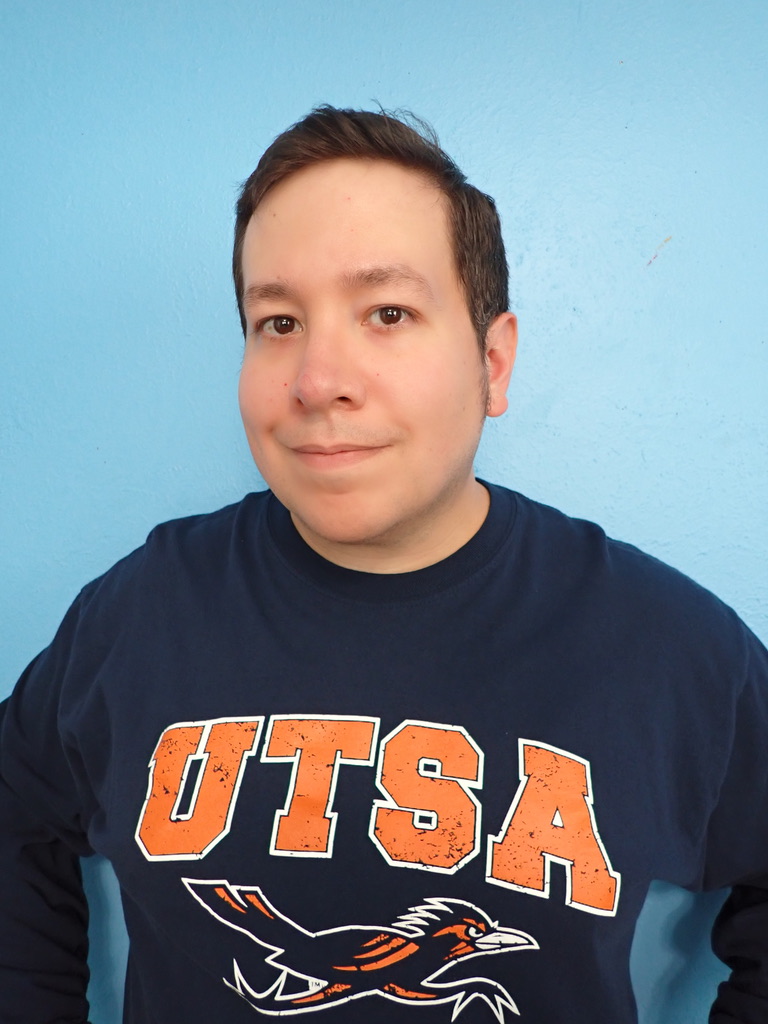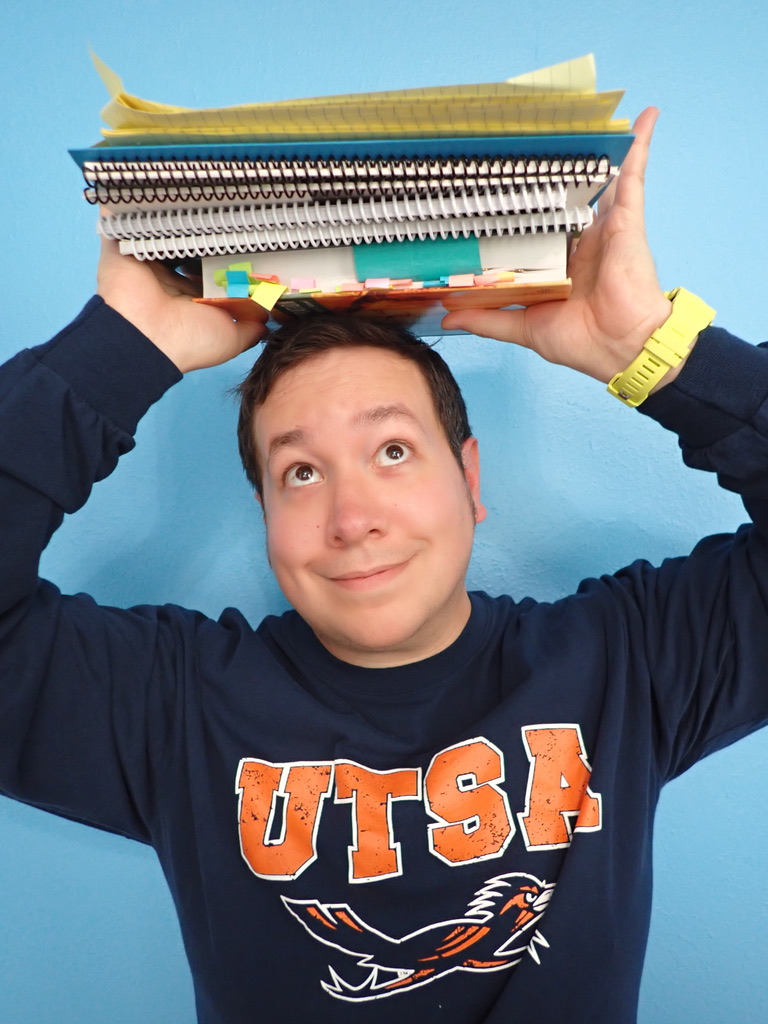Posted on July 1, 2021 by Amanda Cerreto
When Dominic Gonzalez '21 began the Master of Public Administration program at UTSA, he never imagined he'd find himself poring over the budgets and financial documents of North Carolina's third most populated county. His passion and background, he thought, was more suited to being in service to others.
 "There’s two things to ask before coming into the MPA program," Gonzalez said. "Who am I in service to? And, what am I in service of?"
"There’s two things to ask before coming into the MPA program," Gonzalez said. "Who am I in service to? And, what am I in service of?"
When Lecturer Gina Amatangelo alerted Gonzalez to the Popular Annual Financial Report (PAFR) Fellowship program, he was initially hesitant. “It was focused on budgets and money, which was outside the scope of my knowledge,” Gonzalez said. “But the purpose of the fellowship is not to have all that knowledge. It is to enhance it.”
Because the COVID-19 pandemic impacted graduate funding, Gonzalez used his stimulus check to pay for his cost of living through September. In the meantime, he is spending his summer volunteering at a nonprofit for homelessness while working on a Google certificate in data analysis. Adding in the fellowship seemed like a good opportunity for his future, and so he took the leap.
The PAFR Fellowship Program is a partnership between the Government Finance Officers Association (GFOA) and Engaging Local Government Leaders (ELGL). It connects graduate students with local governments, who support the student as they create a PAFR document. At the end of the program, the PAFR is submitted to GFOA for award consideration.
A PAFR removes the technical language and financial jargon that riddles public budgets and puts these concepts into terms that a general audience can understand. By simplifying the language, transparency is created for citizens and public officials who do not have financial backgrounds. Gonzalez will use data visualization and brief narratives to explain where the money comes from, where the money goes, and why these choices are made.
“Public service is not about the self. It’s about other people. It’s about a community that is larger than the one we came from.”
“I don't know how many times I've read a public document that is really uninspired,” Gonzalez said. “Public documents can be a source of excitement because they are opportunities to educate the core stakeholders for any local government: the people. I look forward to bringing this newfound skill to the local governments of South Texas.”
 Gonzalez is grateful that he took the chance and accepted the fellowship position, as he is now placed with a local government that serves 540,000 residents. “Being in a role that places me between one of the most indecipherable parts of government and the people who need to understand it is like being a translator… I’ve always seen myself as someone who occupied that space and could speak both languages.”
Gonzalez is grateful that he took the chance and accepted the fellowship position, as he is now placed with a local government that serves 540,000 residents. “Being in a role that places me between one of the most indecipherable parts of government and the people who need to understand it is like being a translator… I’ve always seen myself as someone who occupied that space and could speak both languages.”
Gonzalez credits the MPA program for not only pushing him to test his boundaries, but for having students' best interests in mind. “There are a lot of people with big hearts and big minds in this program who are catalysts for student success,” he said. “This is a place that wants you to succeed. In the MPA program, I’ve met professors and staff members and chairs and deans who are in tune with the mission of graduate student success.”
An elective on ethics and government administration, for example, helped to answer Gonzalez's own questions of “who am I in service to?” and “what am I in service of?”
“A lot of public servants might be resting on their laurels when they first encounter an ethical dilemma,” he said. “When we ask, what am I in service of, the question of how to make those tough decisions becomes clearer.”
Gonzalez encourages students interested in public service to consider these two questions. “Public service is not about the self. It’s about other people,” he said. “It’s about a community that is larger than the one we came from.”
As Gonzalez reflects on his path to this fellowship, he remains grateful he took the chance to do something outside of his comfort level. “Max De Pree said it best: ‘we cannot become what we need to be by remaining what we are,'” he said. “Accepting new challenges from fields we aren't familiar with is how we become what we need to be.”

